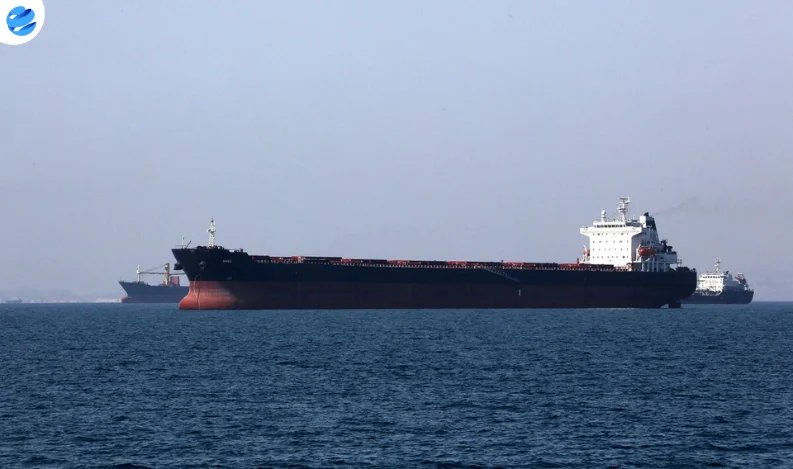Amid mounting tensions in the Middle East, U.S. Secretary of State Marco Rubio has urged China to intervene diplomatically to dissuade Iran from closing the Strait of Hormuz, a strategic waterway that transports nearly 20% of the world’s oil.
In a televised interview on Sunday, Rubio said, “I encourage the Chinese government in Beijing to call them about that,” referring to Iran’s recent threats. “They heavily depend on the Strait of Hormuz for their oil.”
Iran’s Retaliation Options Worry Global Markets
Rubio’s comments come after the U.S. launched airstrikes on three key Iranian nuclear sites over the weekend. In response, Iran’s foreign minister warned that "all options are on the table" to defend national sovereignty. Iranian state media also reported that parliament had backed a proposal to close the Strait of Hormuz, though the final decision rests with Iran’s Supreme National Security Council.
The potential closure of the narrow waterway between Iran and Oman has alarmed global markets. According to the U.S. Energy Information Administration, the strait handled about 20 million barrels of crude oil per day in 2024, making it the world’s most critical energy corridor.
China’s Leverage Over Iran
China, which buys the majority of Iran’s oil exports, is seen as a potential moderating influence. In May, Iran exported 1.84 million barrels per day, with most of it heading to China. Energy data firm Kpler reports that half of China’s seaborne oil imports originate from the Persian Gulf, much of it transiting the Strait of Hormuz.
Matt Smith, lead oil analyst at Kpler, said Iran closing the strait would amount to “economic suicide,” as it would sever a key revenue stream. “It would be a self-inflicted wound,” he told CNBC.
Escalation Could Trigger Wider Conflict
While JPMorgan analysts currently view the chances of an Iranian closure as low, other experts warn that markets may be underestimating the fallout. A prolonged closure could send crude prices above $100 per barrel, according to Goldman Sachs and Rapidan Energy Group.
Bob McNally, president of Rapidan and a former U.S. energy advisor, warned that any military operation to reopen the strait “would not be a cakewalk.” He suggested that disruptions could last weeks or months, rather than the few days traders typically expect.
The U.S. Navy’s Fifth Fleet, stationed in Bahrain, is responsible for securing maritime routes in the Persian Gulf. Secretary Rubio affirmed that Washington retains “options” to respond to Iranian aggression but added that a closure would affect global economies more than the U.S. alone.
What’s at Stake
With China as Iran’s top oil customer and a key trade partner, the Biden administration is hoping diplomatic pressure from Beijing could temper Tehran’s actions. However, with missile exchanges escalating and diplomatic options narrowing, the world watches closely as oil prices climb and supply chains hang in the balance.























